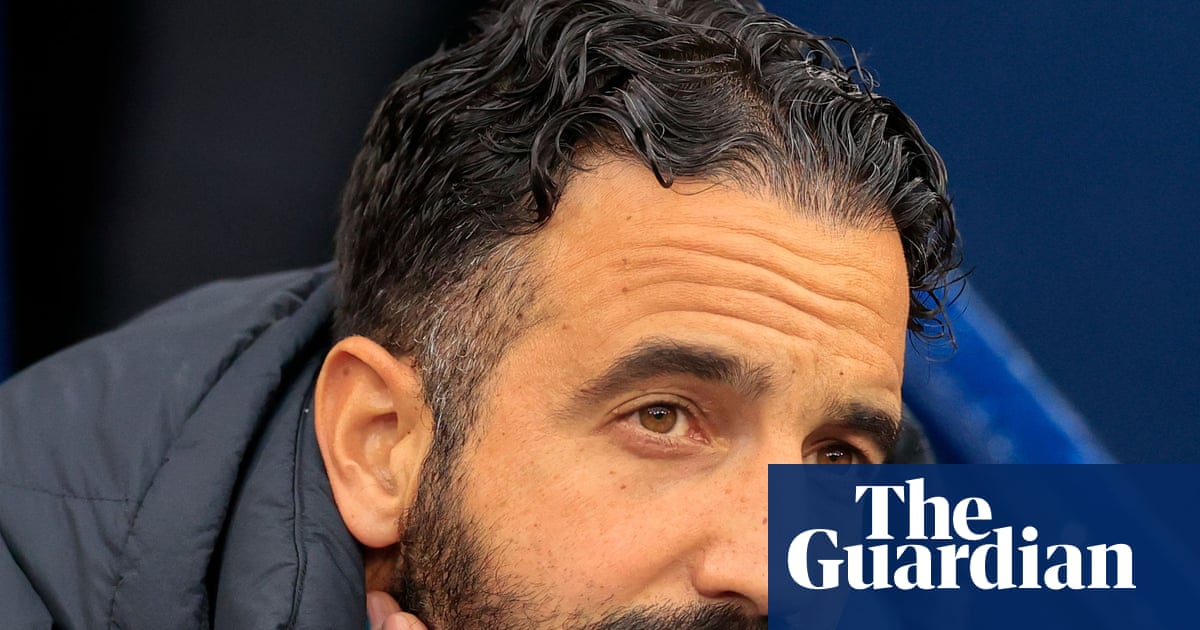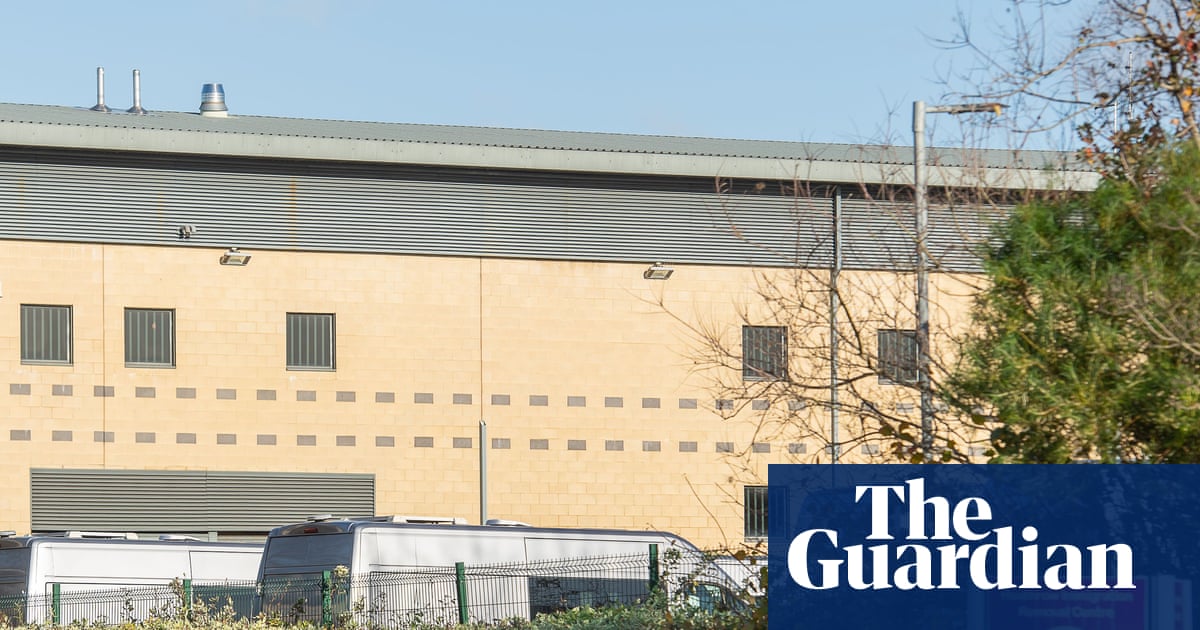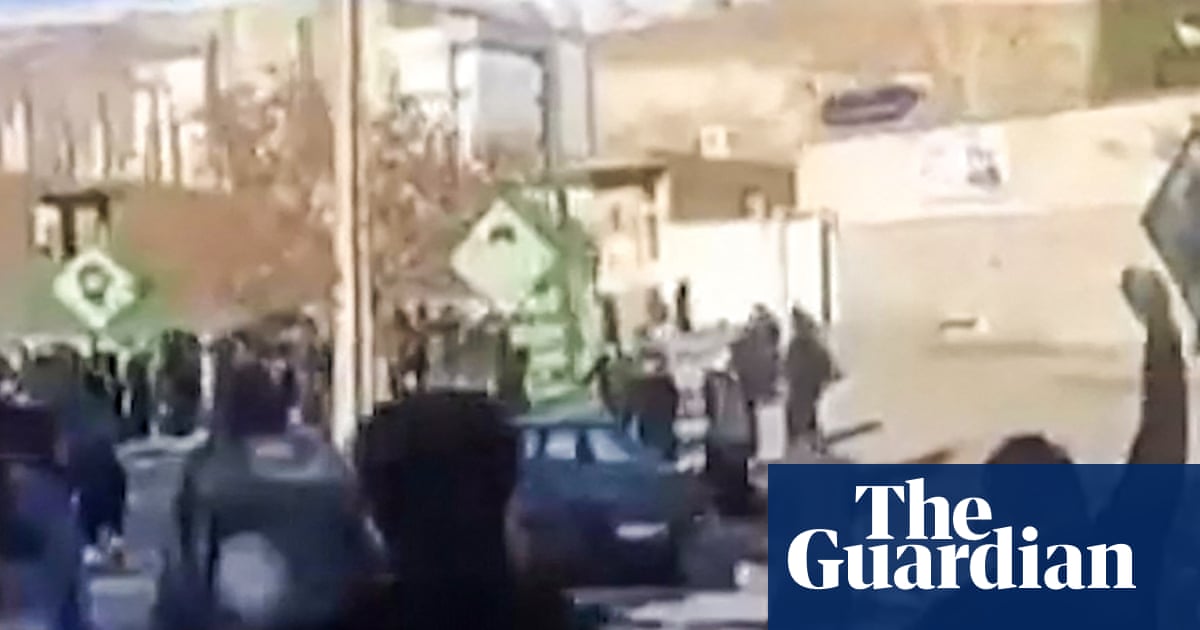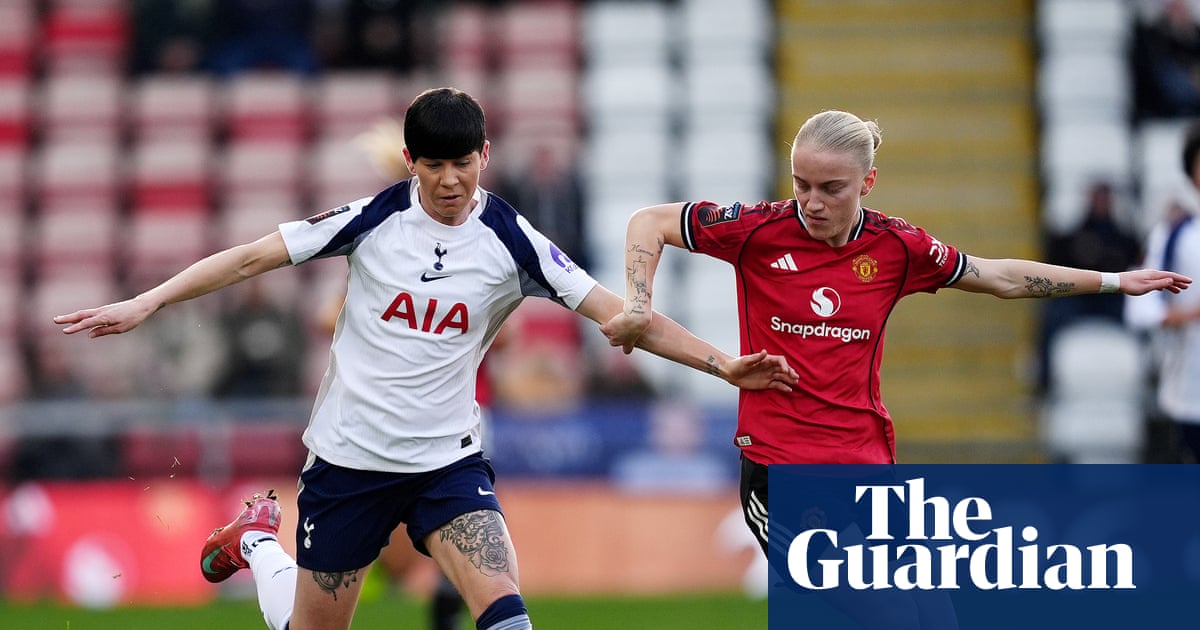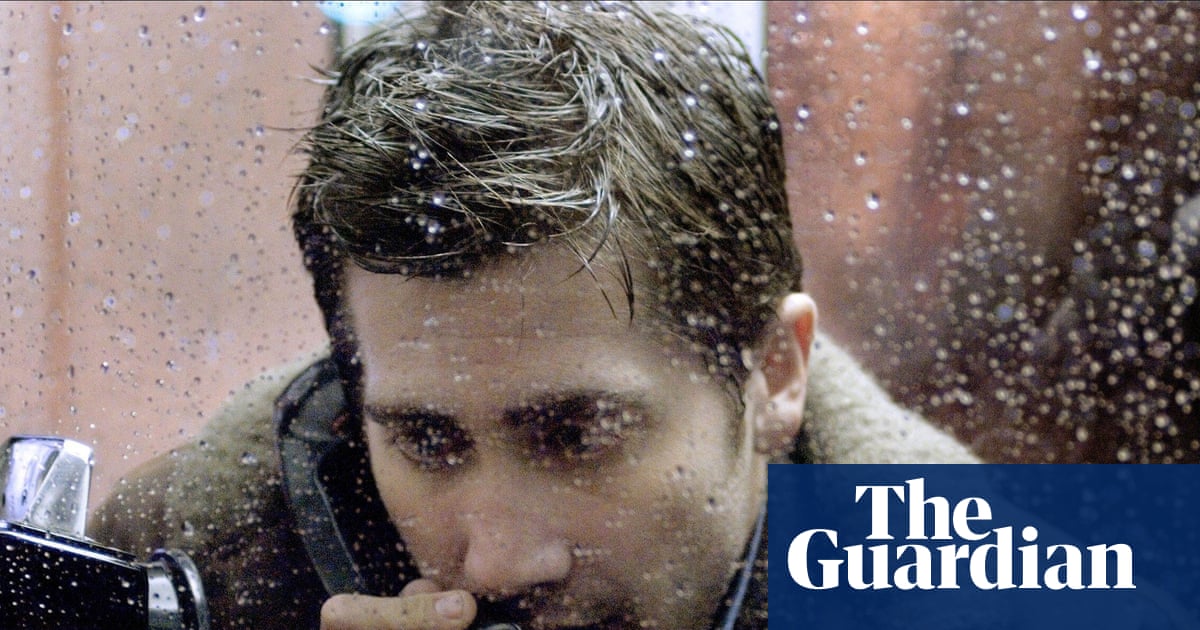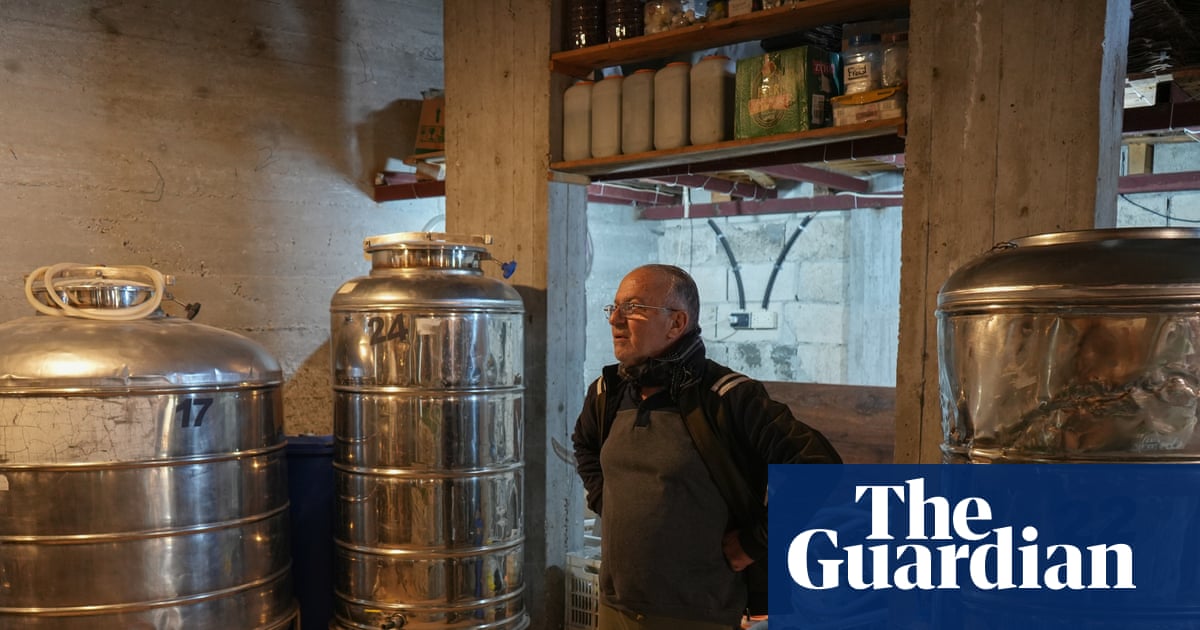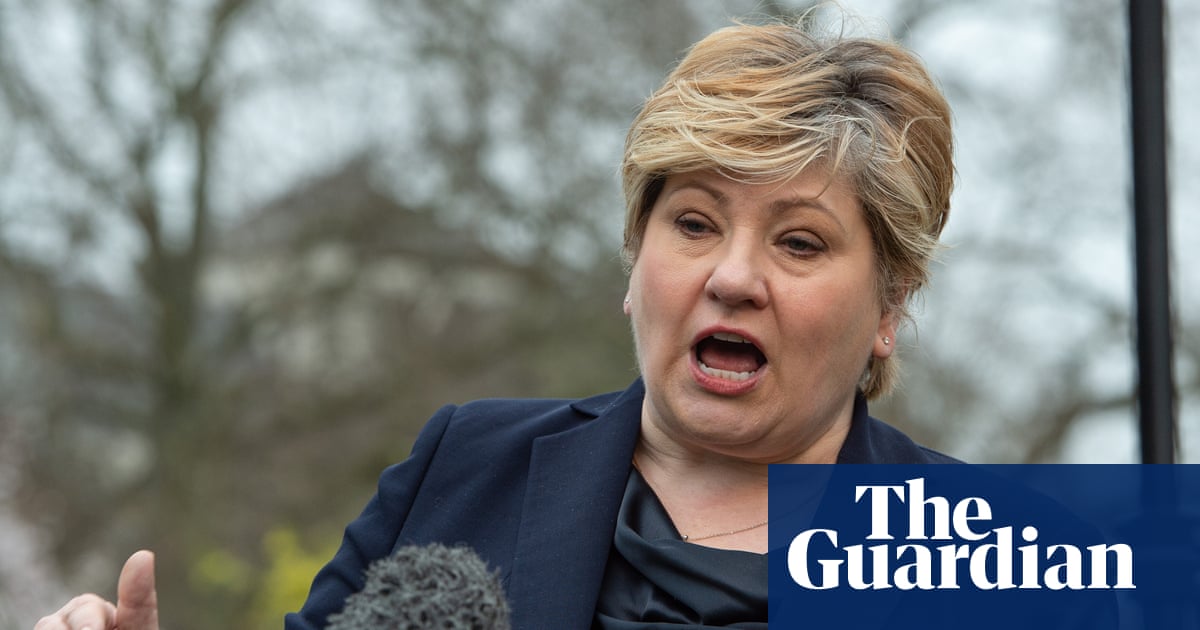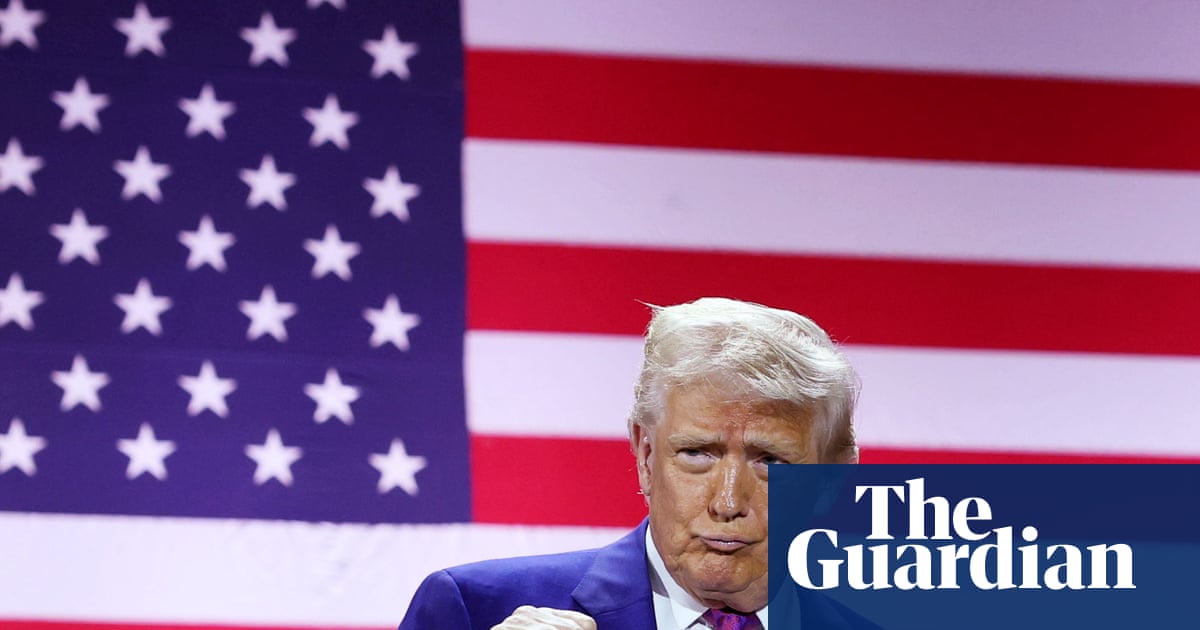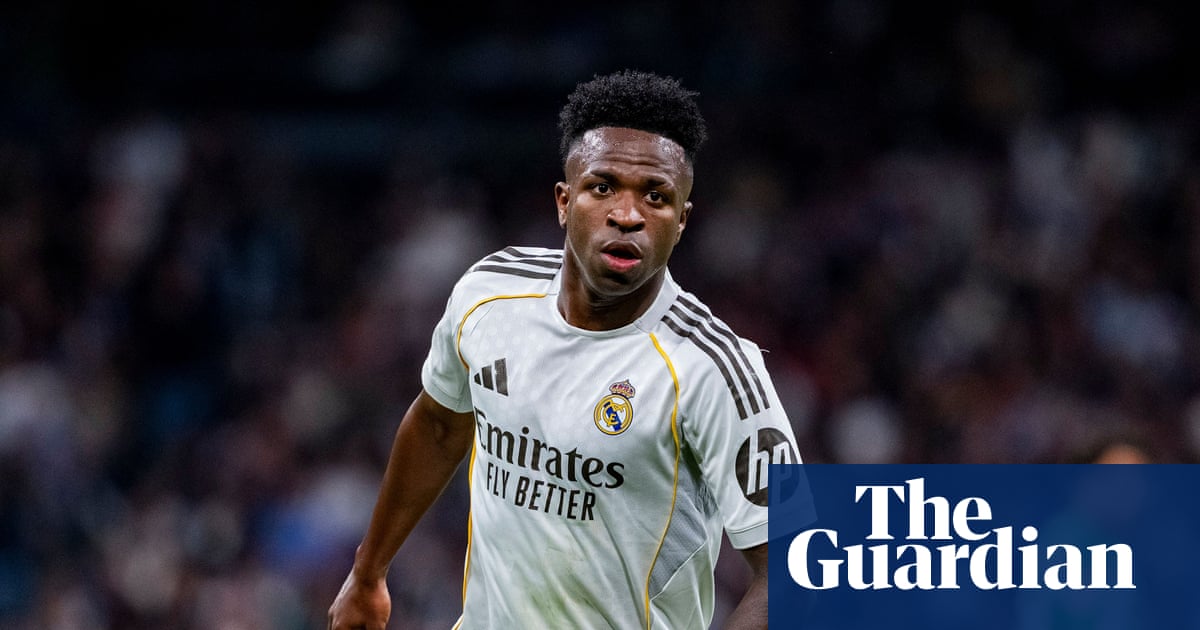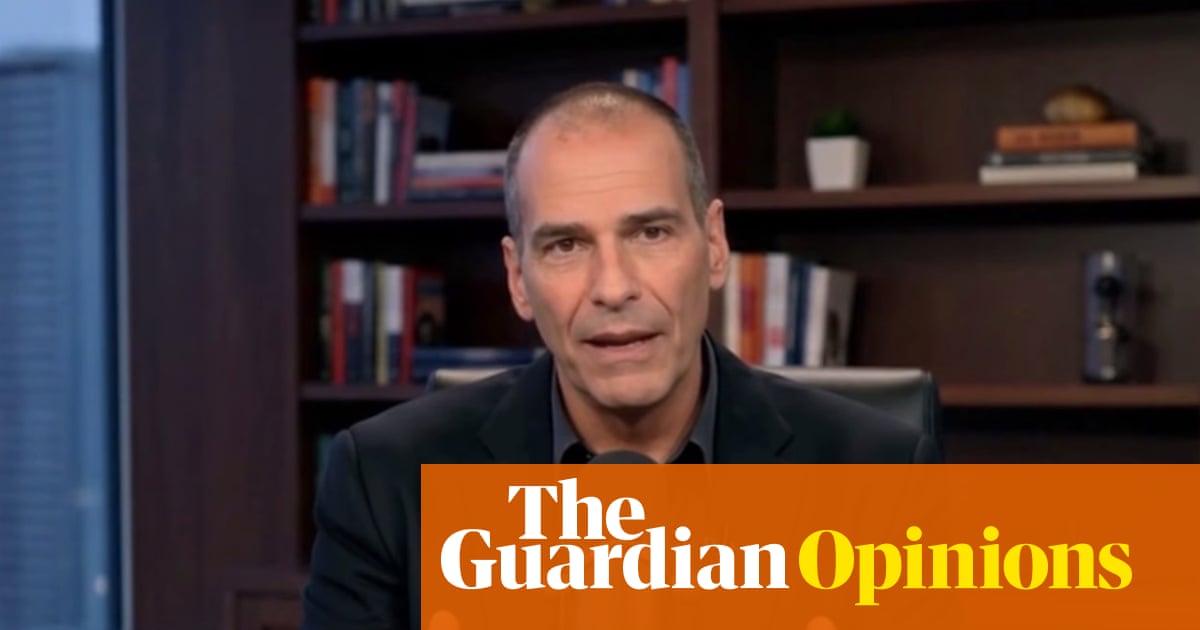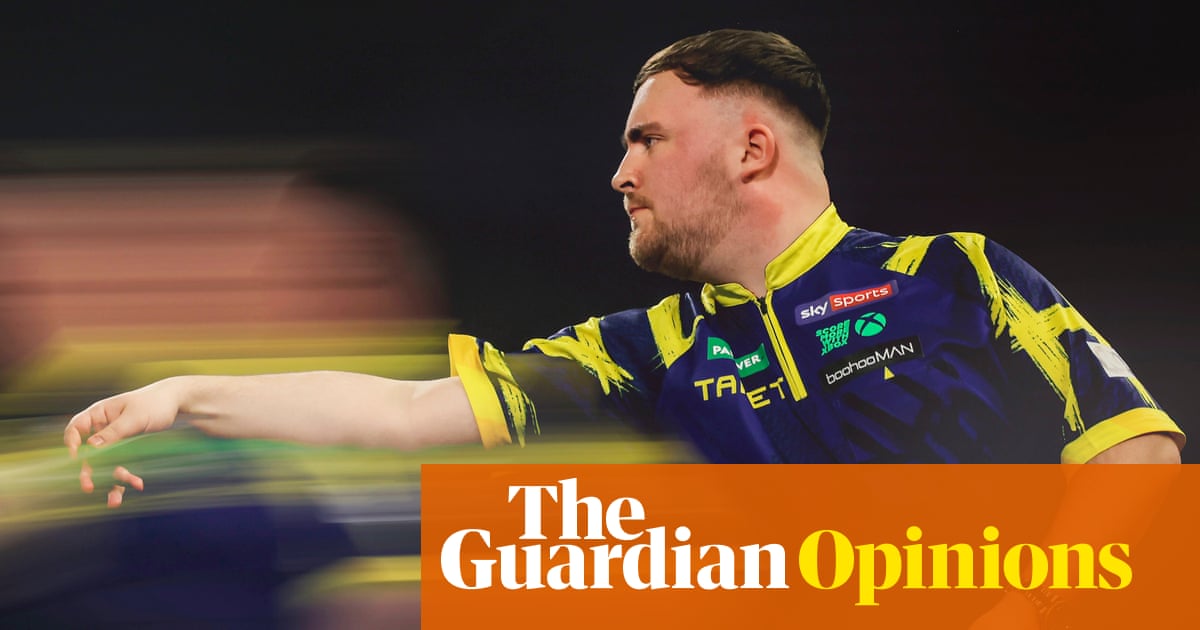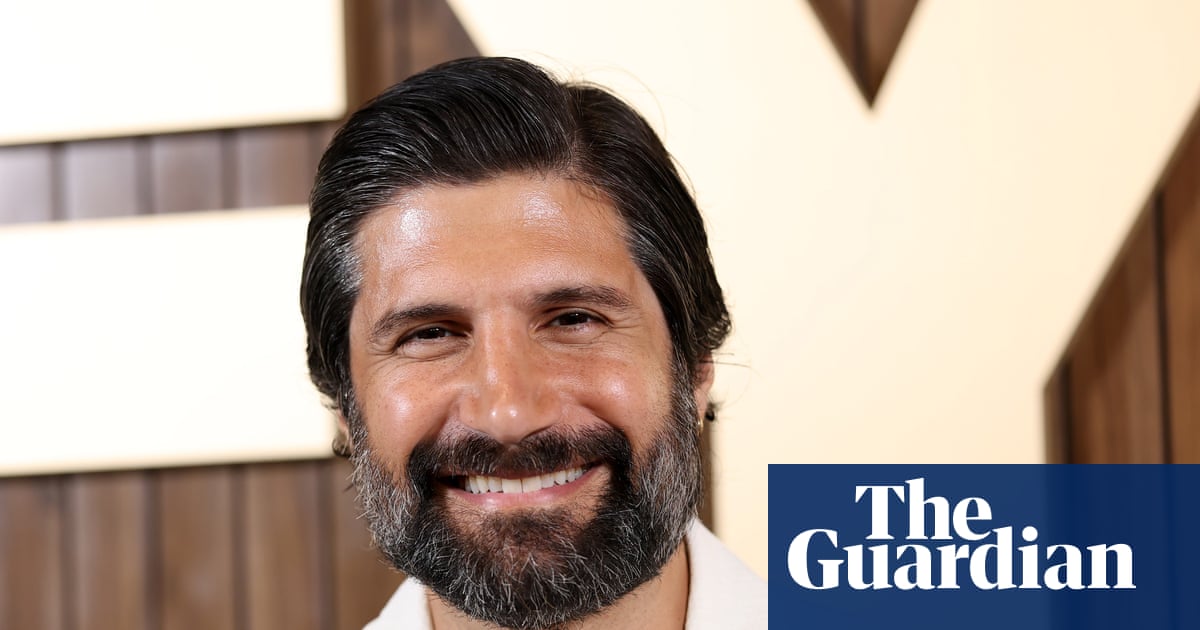At a recent Monday night gig in London, Joel Gibb – AKA the Hidden Cameras – took to the stage with his acoustic guitar dressed in a sensible white shirt, looking for all the world as if he’d come straight from an office job. As he played a suite of Hidden Cameras songs old and new, the guitar was dropped, the shirt came undone then was removed, revealing a white vest. The room starting shaking to an electronic backing track, and things got sweaty. “It was a rebirth,” he says from a booth in the studio where he recorded new album of electronic pop pumpers Bronto, “like the indie boy gone bad.”
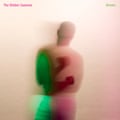
The synth-driven purr and slink of Bronto makes for a startling shift from country-tinged last album Home on Native Land and the exuberant multi-instrumental pop with which the Hidden Cameras first emerged from Toronto, Canada in the early 2000s. This genre twist was thanks to the melodies largely being written in Gibb’s head on the house and techno dancefloors of Berlin, his home for the last two decades. “I kept singing the same refrains to myself over other tracks – the ‘ooh’ and the ‘ah’, the ‘ah’, the ‘ooh’,” he says, “what else are you going to do? Dance music is very empty, but dancing is meditative.”
While this genesis means the album is in part his homage to Berlin, Gibb adds that it’s also a dialogue with Munich, where the songs were fleshed out and recorded with longtime collaborator Nicolas Sierig as they both got to grips with learning how to use a collection of old synthesisers. “It was better to work with someone that’s not in the dance world to make some dance tracks and to create a whole new way of making a record,” he says. Although Berlin is the place to “party in and gain experiences”, Munich became a lens through which to examine them. He praises the city for having “a different vibe. It’s fun to go there and record. It’s calm. It’s clean. It’s conservative.”
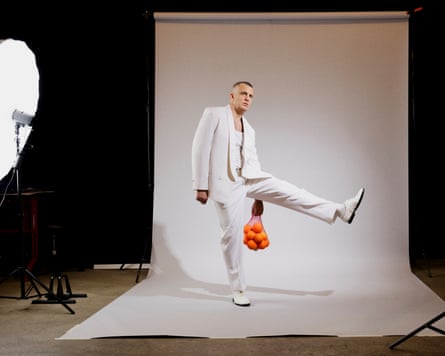
The tension between the conservative and the hedonist is one of the constants between early Hidden Cameras, when he described the band as “gay church folk music”, and today. Their celebrated 2003 album The Smell Of Our Own celebrated gay sex and an escape from religious shame (Gibb was brought up in the Baptist church), making them outliers from what was still a fairly hetero-dominated indie rock scene. This included gloriously explicit songs referencing soldier orgies, kneeling “for the taste of a man” and about the joys of a golden shower. “I’m surprised I wrote those lyrics, actually,” says Gibb; “I’m very conservative now.” I am not entirely sure if his bashful tone is serious. There’s a pause. It is only in London, he adds, where he has been on gay dating apps and seen men stating they’re H&H, meaning high and horny and looking for chemsex. “How are people in London H&H?” he muses. “They’ve got rent to pay and it’s so expensive.”
The world has become kinkier in the last 20 years, catching up with the Hidden Cameras. In a city where little is taboo, Bronto’s inspirations are not just from Gibb’s visits to the darker corners of clubs like Berghain. Some of the sensuality comes from more vanilla sources, such as the German openness around the body. “The whole nudity thing here is so much more normal,” says Gibb, “In Germany, you’re not allowed to wear your bathing suit in the sauna – they’ll yell at you. It forced me to be comfortable with nudity, and it did infiltrate the music.”
Even more innocently, Bronto was inspired by Olivia Newton-John’s Physical, the first song Gibb loved on the radio. The booming drums of infernally catchy You Can Call, meanwhile, was his attempt to write a song that might win the Eurovision song contest. Gibb says that he wanted to use the minimalism of electronic music to write in a more directly romantic way. It’s an album about how the transience of life any city, not just Berlin, can impact sexual and romantic entanglements. “It’s more traditional on the lyrical side,” he says. “Everyone has a song called I Want You, and I am making mine.” There are nods to his heroes, two of whom (Erasure’s Vince Clarke and Pet Shop Boys) delivered remixes of Undertow and How Do You Love? that married their own classic electro pop sensibilities to the new, direct Hidden Cameras sound.
Although Gibb describes Bronto as “a brand-new direction, feeling or representation of who I am”, he’s planning to carry on playing old songs on guitar before the sweat-in-a-vest electronic section in this autumn’s tour. After that, it’ll be a return to more familiar terrain with an album of “jangly” guitar music. He reflects that the commonality through these different periods of the Hidden Cameras is not just his voice and presence, but his exploration of the contradictory emotions that surround love. “There’s romanticism and there’s cynicism,” he says, “I still feel like there’s a part of me that’s not jaded.”

 3 months ago
67
3 months ago
67
